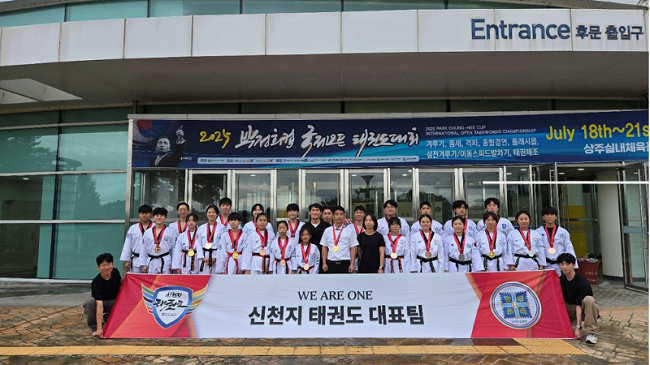
The Supreme Court of India has adjourned the hearing on a plea seeking the immediate conduct of elections in Jammu and Kashmir. The petition, filed by a political organization, raises concerns about the prolonged absence of an elected government in the region. The court’s decision to defer the hearing has sparked both anticipation and speculation among political circles and citizens.
Jammu and Kashmir, a Union Territory since the abrogation of Article 370 in 2019, has been under the direct control of the central government. The state assembly was dissolved following the removal of the special status, leading to a prolonged period without elected representation in the region. The plea contends that the absence of elected officials hampers democratic governance and impedes the rights and aspirations of the people.
According to data from the Election Commission of India, the last assembly elections in Jammu and Kashmir were held in November-December 2014. Since then, the region has been under the governor’s rule, followed by President’s rule, and eventually transitioning into a Union Territory. The lack of elected representatives has left the population yearning for a responsive administration that can effectively address their concerns and participate in decision-making processes.
While the plea emphasizes the importance of democratic principles, it also highlights the security challenges faced by the region. Jammu and Kashmir has witnessed persistent cross-border tensions and internal security issues, which have necessitated the presence of central forces to maintain law and order. Balancing the need for security measures with the restoration of democratic processes is a complex challenge that demands careful consideration.
It is noteworthy that the Supreme Court’s adjournment of the hearing does not imply a dismissal or rejection of the plea. The decision to postpone the hearing suggests that the court may require additional time to review the complexities surrounding the issue and gather necessary information before proceeding with the case.
The adjournment has raised expectations among political parties and the general public, as the timing and outcome of the elections in Jammu and Kashmir will significantly impact the region’s future trajectory. The inclusion of Jammu and Kashmir in the democratic process is seen as a crucial step towards normalizing the situation and fostering a sense of empowerment among its residents.
As the plea awaits further deliberation, all eyes are on the Supreme Court to provide clarity on the timeline for the restoration of democratic governance in Jammu and Kashmir. The decision, when it arrives, will undoubtedly have far-reaching consequences, not only for the region but also for the overall fabric of democracy in India.









